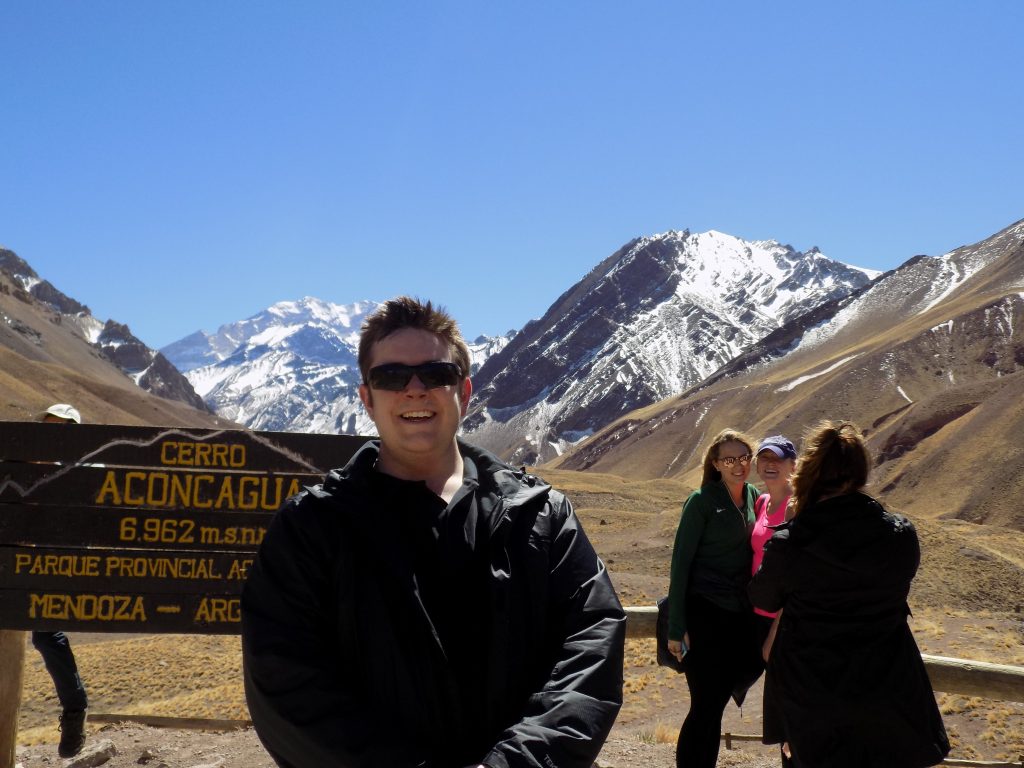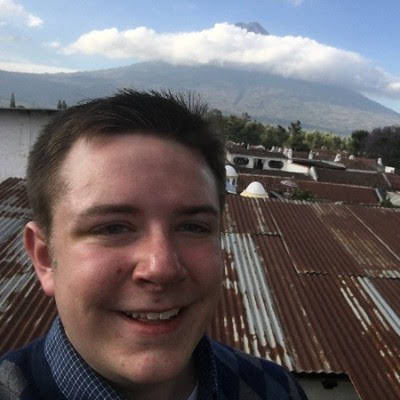Argentina alum publishes research on ‘human narratives’ in healthcare
January 4th, 2018 | SIT, SIT Study Abroad
When Swarthmore senior Jacob Demree went to Argentina with SIT in fall 2017, he had some specific goals in mind.
As a medical anthropology student, he wanted to get fieldwork experience in another culture and language. “It was my first time studying abroad, and I was going to a country with a language I wasn’t fluent in,” Jacob says. “But I found that there was guidance and support from the SIT program 24-7.”

Jacob’s main goal was “understanding what it means to pursue research outside the US,” something he sees as vital for a career in anthropology. “I wanted to answer the question, ‘What are the things that change and the things that stay the same in another country?’”
He went abroad with an interest in “clinical narratives” in healthcare, and in Argentina, he studied a system that is made up of several related systems. Though terms like “clinical narrative” are clearly academic, he hoped to steer his research in a more personal direction “through a humanistic lens.”
“When you’re focusing on the human level,” he adds, “you’re going to get real human narratives.”
With the help of SIT faculty and staff, Jacob pursued fieldwork in the city of Mendoza. His primary focus was Argentina’s Obra Social system, healthcare for public employees that he likens to employer-provided healthcare in the US. He wanted to know how people use the Obra Social and to better understand the term “accessibility” and what it means for users.
His research proved so useful that it was chosen for the prestigious Argentinean health journal iSalud, appearing in the September 2018 issue. It’s worth noting, too, that Jacob mastered Spanish sufficiently to publish his work entirely in that language.

Though Jacob is quick to point out that his research was limited in scope, he did find human narratives, material that he says can’t easily be charted. “The people I was talking to were public employees, from judges and politicians all the way to trash collectors.”
What they had in common, he says, was a sense of how their choices affected all the system’s users. For example, “Even though the clinic will provide milk for babies, people would choose not to take milk so they could be sure there would be enough for their neighbors.”
That very personal approach, he explains, is in some ways built into Argentinean healthcare. Providers in some cases even go house-to-house to make sure people are getting attention. “There’s more of a connection between providers and patients. Providers are sometimes more like facilitators.”
Jacob found that SIT staff were readily able to help him carry out his research plans. “SIT’s strength, in my opinion, is that it offers fieldwork, but also guidance. I wouldn’t have been able to do this research without that guidance. They were so helpful – I still can’t believe the opportunities I had.”
Staff members were “generous with their time” to a remarkable end: “They made studying abroad a truly transformative experience.”
After he graduates from Swarthmore, Jacob plans to pursue graduate education in law and anthropology.
